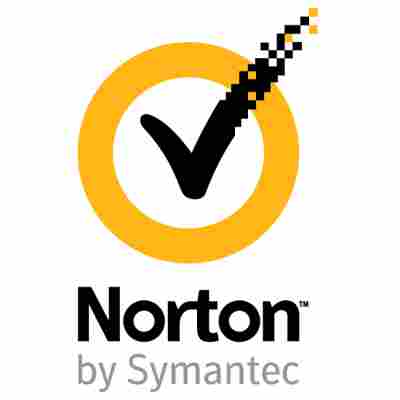Malicious software and viruses are as prevalent as ever, and that’s why having antivirus software is as important as ever. But the “threat landscape,” as security experts like to call it, is changing. And that means your approach to protecting your private data should also evolve. Antivirus alone may not be enough.
As we’ve moved from a PC-centric world of desktop computers to one in which you’re likely to have multiple internet-connected devices, the level of vulnerability has increased — unless you have been taking steps to minimize risk.

3 reasons why you need more than just Antivirus
Back in the day, your computer might’ve been your sole source of cyber risk. As a result, antivirus was a solid solution to help protect yourself. Now, cybercriminals are going after you in other ways. For instance:
As you consider the new and evolving ways cybercriminals can put your personal information at risk, you may want to consider additional ways to help protect yourself.

How to keep your connected life protected

Here are three aspects of your connected life that require protection — in large part because they’re connected in some way to the internet — and options for helping protect them:
Antivirus software is still an important means of protection. Viruses and malware threats have evolved and increased in number. Make sure you have security software installed on all of your computers, and keep it updated, so you’ll have protection against the latest, known threats. One option you may want to consider is Norton Security, which provides real-time protection against existing and emerging malware, including ransomware and viruses.
Security software can also protect devices other than computers. Since malware and other threats also target smartphones and tablets, it makes sense to install protection on all your mobile devices.
If you pay bills, shop, check email, or otherwise share information while on public Wi-Fi networks, you need to be careful. Cybercriminals may be watching your actions and can steal your personal information. Make sure you’re using a virtual private network —VPN – when you connect. A VPN encrypts the data you send and receive while on public Wi-Fi or even at home.
In today’s digital world, clearly, you’re connected in more ways than ever before making the need for keeping it protected ever more important. Think about the data you store or communicate across the many devices you have and ask yourself the question – Is it secure?
Keep these tips and suggestions in mind as you enjoy the best parts of the digital world and know your devices and the information on them are safe from threats. The best way to get ahead of the bad things online is to participate in your own Internet security. Educate your family about the threats out there and use trusted security software to help secure against todays threats.
When more of us stay protected together, attackers will have fewer targets to take advantage of.











